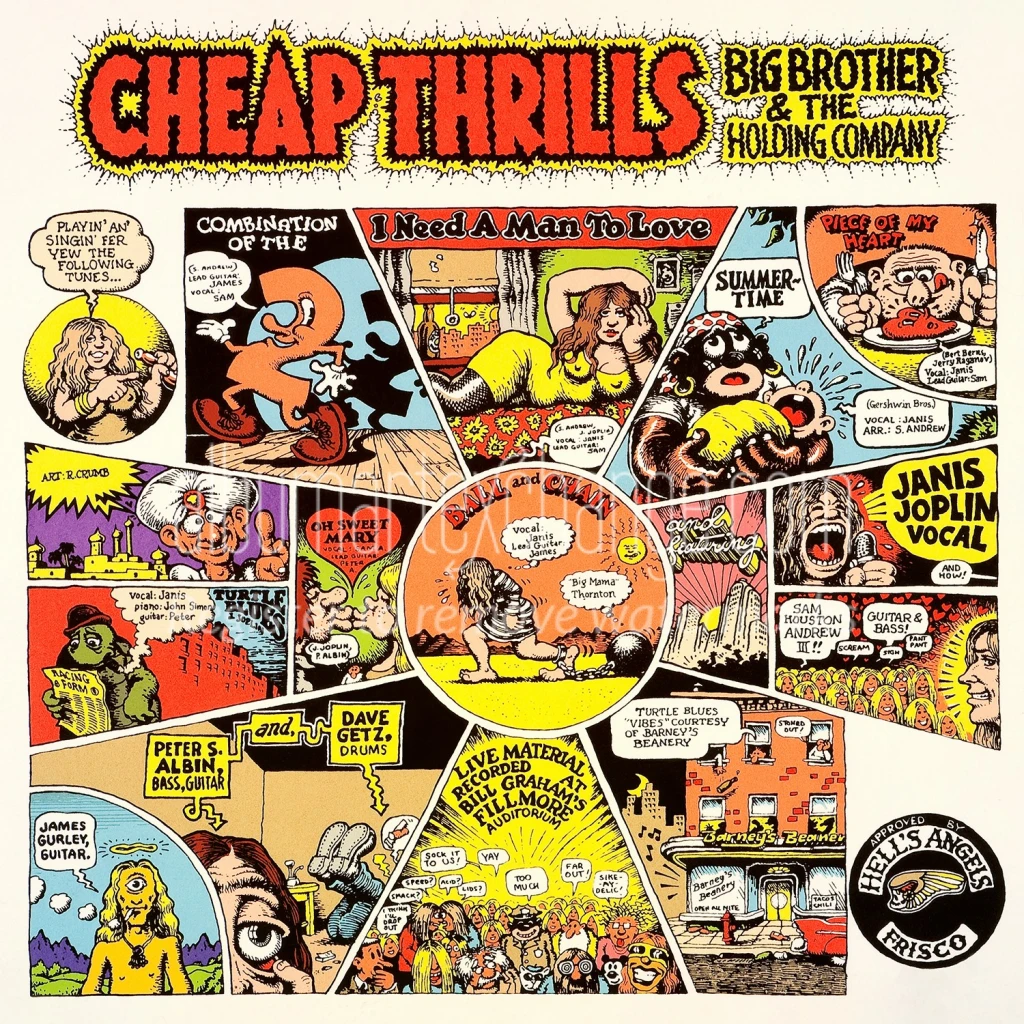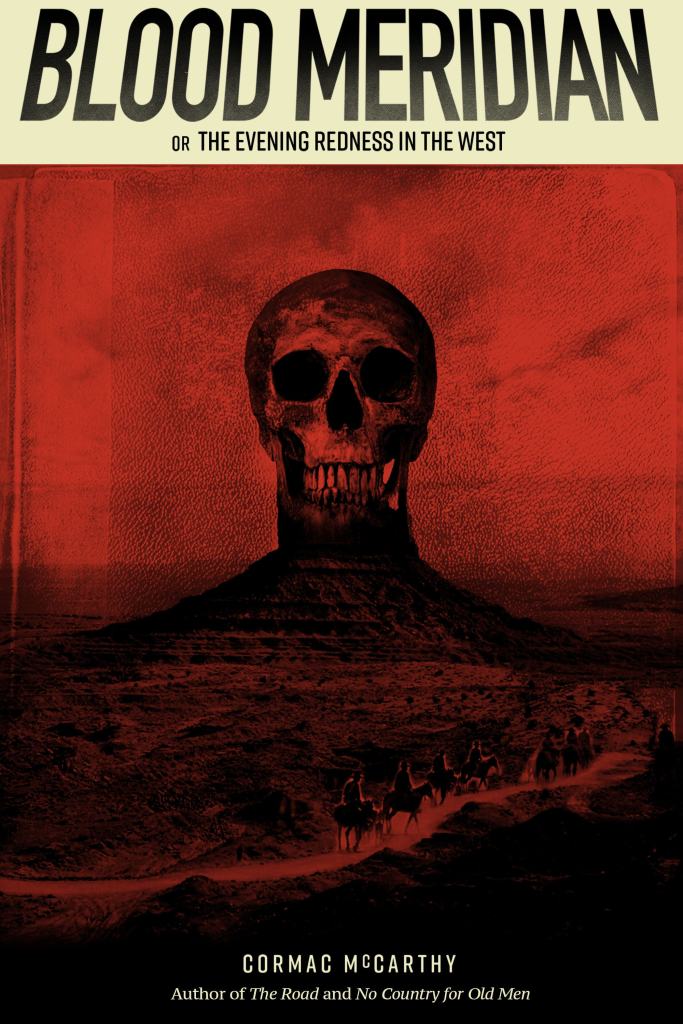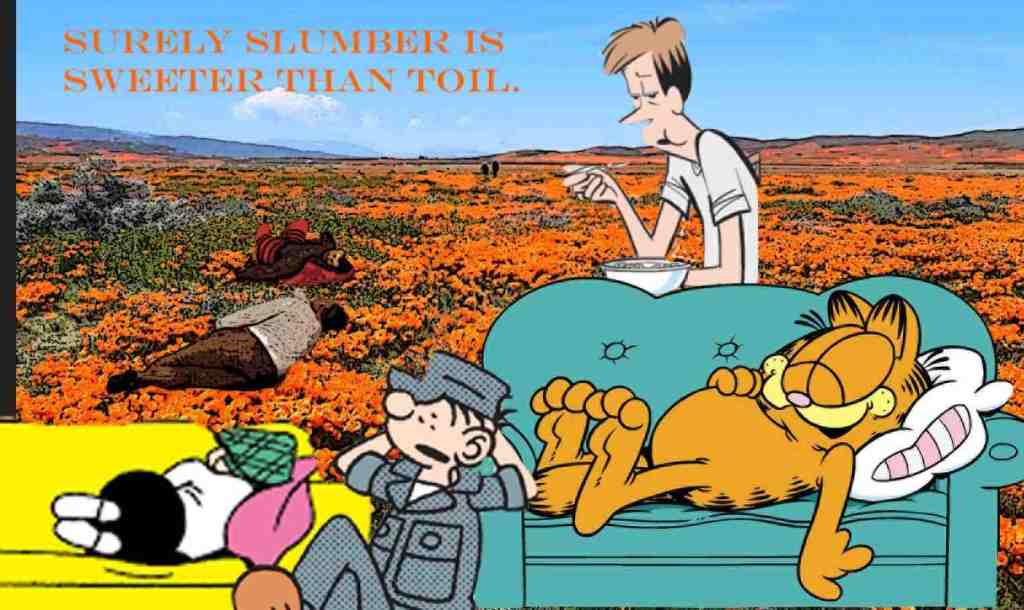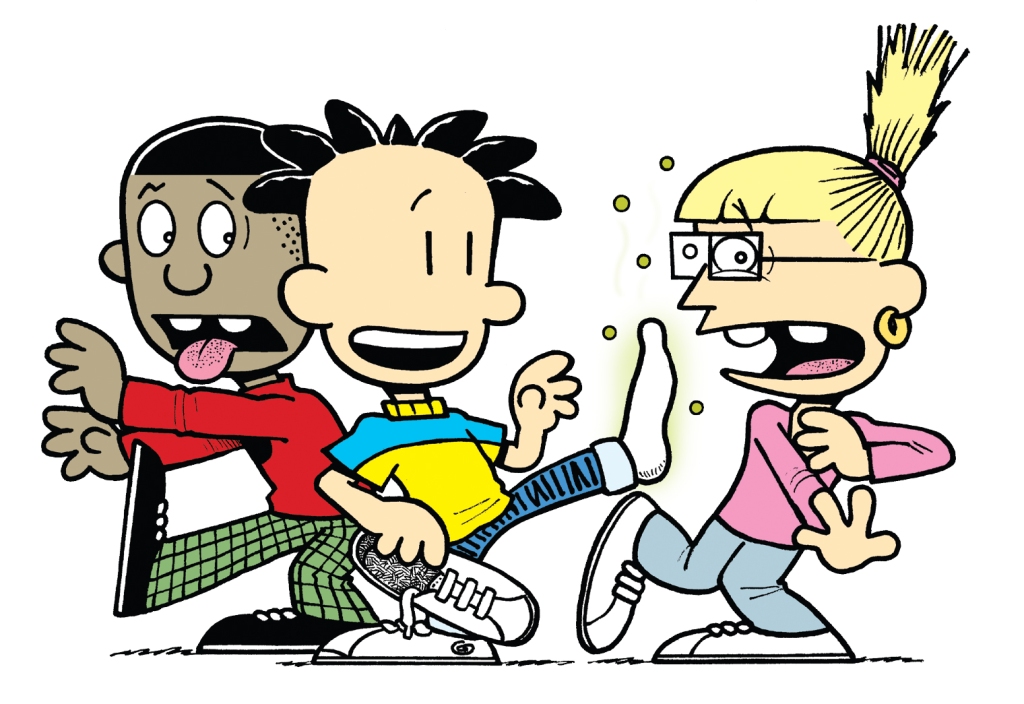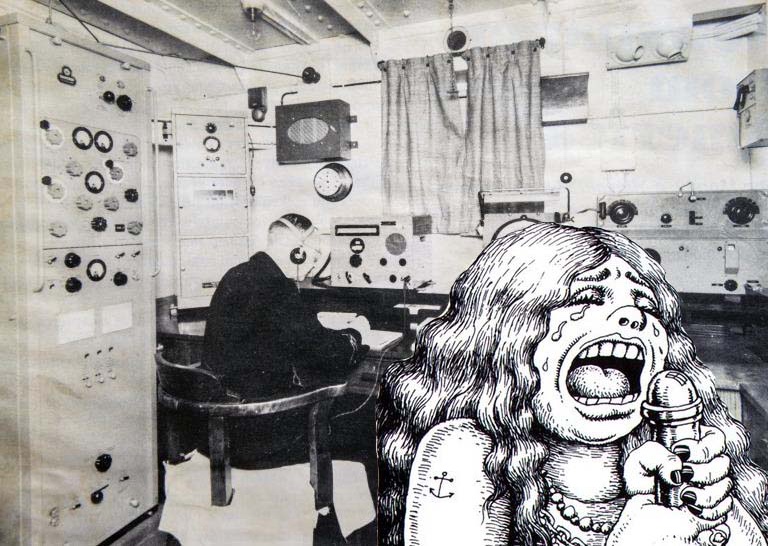
Like a shortwave radio attempting to tune into a remote overseas station, my threadbare synapses sometimes spit out static as I try to remember the point of story I’m trying to tell.
Maybe it’s the cannabis, maybe the onset of dementia, or to harken back to Big Brother and the Holding Company, “a combination of the two.”
For the uninitiated, “A Combination of the Two” is the opening track of Big Brother’s album Cheap Thrills featuring the incomparable Janis Joplin. I had always assumed that the song was a live recording, but as it turns out, the audience noise and Sam Andrew’s introduction of the band, “Four gentlemen and one great, great broad,” have been dubbed in to create the illusion of a live recording. Well, it certainly had me fooled for over a half century.
BTW, the great Robert Crumb did the cover art.
In my novel Today, Oh Boy, as Will Waring is popping Cheap Thrills into his van’s 8-track tape player, he says out loud to himself, “Four gentleman and one great, great broad.” Recently, when Rodgers Nichols interviewed me on his podcast Cover to Cover, he mentioned the allusion, said as a former radio DJ he really appreciated it.[1]
Anyway, what was my point?
Oh, yeah, forgetfulness.
The name of the author is the first to go
followed obediently by the title, the plot,
the heartbreaking conclusion, the entire novel
which suddenly becomes one you have never read,
never even heard of,
as if, one by one, the memories you used to harbor
decided to retire to the southern hemisphere of the brain,
to a little fishing village where there are no phones.
Long ago you kissed the names of the nine Muses goodbye
and watched the quadratic equation pack its bag,
and even now as you memorize the order of the planets,
something else is slipping away, a state flower perhaps,
the address of an uncle, the capital of Paraguay.
Whatever it is you are struggling to remember,
it is not poised on the tip of your tongue,
not even lurking in some obscure corner of your spleen.
It has floated away down a dark mythological river
whose name begins with an L as far as you can recall,
well on your own way to oblivion where you will join those
who have even forgotten how to swim and how to ride a bicycle.
No wonder you rise in the middle of the night
to look up the date of a famous battle in a book on war.
No wonder the moon in the window seems to have drifted
out of a love poem that you used to know by heart.
“Forgetfulness” by Billy Collins
